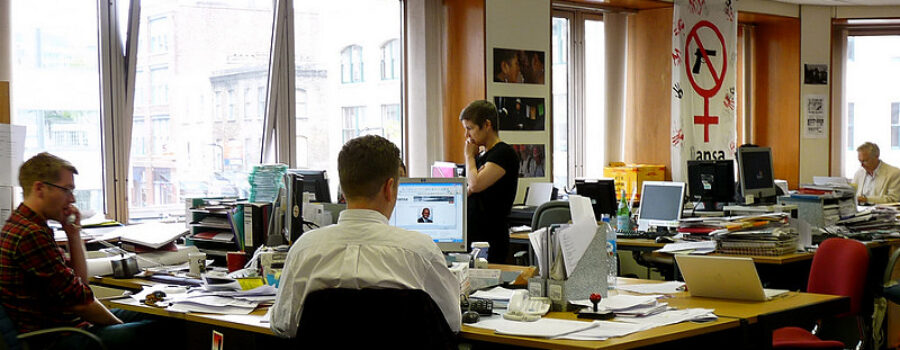“The expectation that work would provide more than a paycheck, that it would add meaning to life, has provoked an epidemic of dislocating and dispiriting midlife crises for many American workers.”
Bob Buford/Halftime
When people face an empty nest or second half of life, they can become disillusioned with the status quo. Some have attained a great deal of success but find themselves miserable in the midst of that and the life they built.
To achieve a successful career many people had to put work before family. They felt forced to by the inertia of climbing the career ladder. Author Bob Buford reminds us that the third decade of our lives can be a blur, with little time to think through anything that leads to significance.
There are approximately 80.64 million business books sold each year and an estimated 15,000 self-help books. The self-help industry is said to be one of the fastest-growing nonfiction categories and has an will have an estimated value of $10.5 billion by 2020 signifying a strong interest in improving us.
Let’s consider some costs of work.
1). College or technical training. In 2020-21 total revenues at post-secondary institutions was $993 billion dollars.
2). Corporate business and leadership training. The corporate leadership training market is projected to reach multimillion dollar status by 2029.
3). Time. The average person will spend 90,000 hours at work over a lifetime. It is estimated the average one-way commute for Americans is 27.6 minutes.
According to an USA Today article remote workers save approximately $6,000 a year. Does it cost us to have a career and go to work? You bet! It costs quite a bit. It’s why its so easy to get consumed with it and its why it becomes our life, BUT.
“How we spend our days is, of course, how we spend our lives.”
Writer Annie Dillard
So how can we convince ourselves that work is only part of our lives. We spend a great deal of time, money, and resources on work. Money is one of the main drivers of our lives and the world, but have a life crises, lose someone you love, get cancer, face 50, 60, and beyond, get stuck in a dead end job, develop a passion for something, get sold out on a hobby, or fall in love with becoming an artist and you will quickly question the qualitative value of a job.
Work is a huge part of our lives. We need money to live or else we need to go live off the grid, but work is not everything. Because we can’t spend all day with our family, spouse, reading, doing hobbies, going for walks, or staring at a wall doesn’t make those things less valuable.
Time does not equal value or productivity. Time is time. We can spend an exorbitant amount of time adding no value to the world. As a Lean Six Sigma Black Belt my job is to look at work processes and determine if those processes are adding value to the customer. In many instances they don’t. In many cases people are spending a lot of time reacting and creating workarounds to problems. If we improve processes and cut out what isn’t necessary, we often find value.
In a recent project I worked on we were trying to improve a work process. The person responsible for that process was reluctant to change. Why? It was his entire job. The data showed that last year he reviewed 4-5 packages. Where is the meaning in that? He created meaning in his work by spending a lot of time with package submitters and ensuring packages were perfect. If we improve his process we take away the majority of what he does every day.
We want to manage our lives as a whole because if we create a life that has value to us we will want to manage it carefully. Every aspect will be important and worth protecting. Work will be a big part of our lives, but only part. If we aren’t looking at things overall, we are in danger of letting a part of it become our focus.
The idea that we need to balance life and work doesn’t take us far enough. We need to manage our lives. The most important thing we have. It isn’t work versus us. It is us. Let’s take it to the highest level we can. If we focus solely on managing one part, we will most likely neglect other parts and that is self-neglect. You are worth the investment.
Instead of waiting for life to reshuffle your priorities let’s look make them intentionally. Let’s figure out how to manage the whole of our lives and ensure that one day when we look back at it all we will tell ourselves we lived a great life.
Marcy Pedersen





